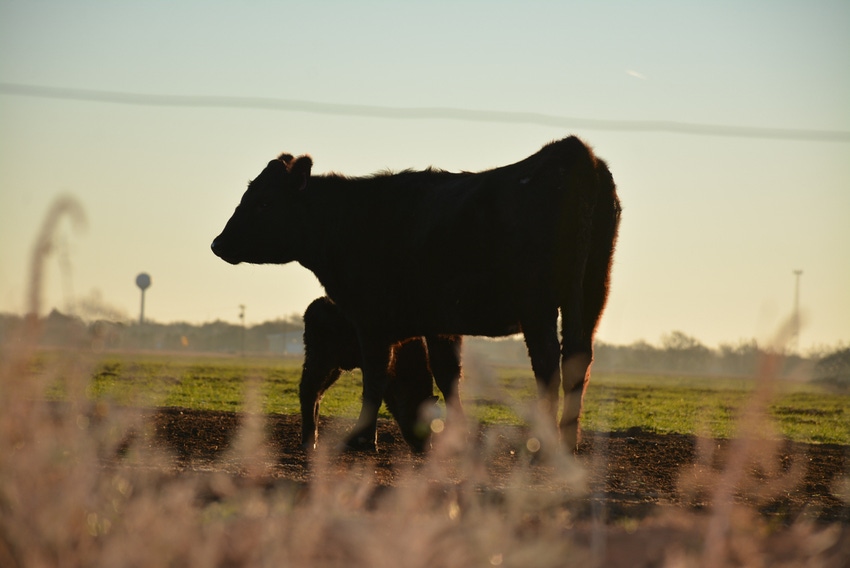
A 10-month Grass Grazing and Animal Management School coordinated by the Texas A&M AgriLife Extension Service is being scheduled for the Lubbock area.
The school will kick off Feb. 20 in Lubbock at the AgriLife Extension offices for Lubbock County, 1102 E. Farm-to-Market Road 1294, Lubbock.
“We will need to have at least 15 people signed up by Jan. 15 to hold this school, so we are asking those interested to get preregistered as soon as possible,” said Robert Scott, AgriLife Extension agriculture and natural resources agent for Lubbock County. “If we do not get enough interest, we will cancel the program.”
The school will provide 40 hours of in-depth training on profitable and productive management of livestock to achieve lifestyle, livelihood and landscape goals. It will meet from 1-5 p.m. each third Wednesday of the month through November.
Scott said the class will be limited to 30 attendees. Registration is $400 per producer. This includes a thumb drive with learning materials and any handouts for the class. If more than one person from the same operation attends, those after the first attend for $300.
To preregister, contact Scott at [email protected] or call 806-775-1740.
Course instructor will be Dr. Tim Steffens, AgriLife Extension range specialist in Canyon.
Topics will be:
Economics of a grazing-based operation with an emphasis on cow-calf production.
Basic understanding of ecological processes driving grazed pasture productivity.
How plants react to defoliation, ramifications for competitive relationships with ungrazed or weedy neighbors, risks associated with drought.
Animal nutrition and reproduction.
Livestock interaction with the plants, e.g. distribution, selection of diet.
Managed grazing to achieve desired economic, production and rangeland goals.
Goal-setting and monitoring to determine progress toward those goals.
Infrastructure development and planning.
“With the market down now, it is important to make the most of the forages we have at low cost,” Steffens said. “The information you learn by attending every session should save or make you way more than $400.”
About the Author(s)
You May Also Like




